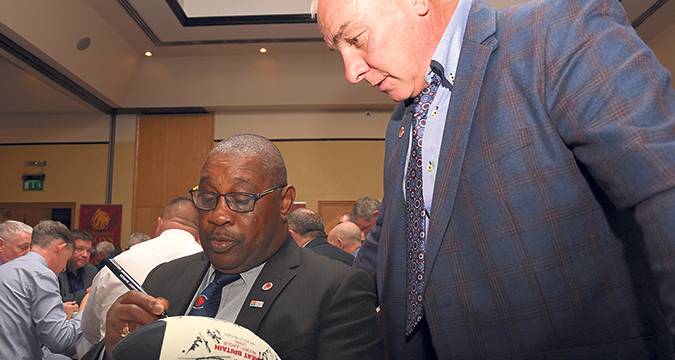 A new initiative from RL Cares aims to breathe new life into club past players associations and bring more heroes of yesteryear back into the rugby league fold.
TO paraphrase singer-songwriter Billy Bragg, there really is power in a reunion. Just ask the hundreds of former players who continue to reconnect with the sport we all love through their
A new initiative from RL Cares aims to breathe new life into club past players associations and bring more heroes of yesteryear back into the rugby league fold.
TO paraphrase singer-songwriter Billy Bragg, there really is power in a reunion. Just ask the hundreds of former players who continue to reconnect with the sport we all love through their The new initiatives keeping past players involved in Rugby League
 A new initiative from RL Cares aims to breathe new life into club past players associations and bring more heroes of yesteryear back into the rugby league fold.
TO paraphrase singer-songwriter Billy Bragg, there really is power in a reunion. Just ask the hundreds of former players who continue to reconnect with the sport we all love through their
A new initiative from RL Cares aims to breathe new life into club past players associations and bring more heroes of yesteryear back into the rugby league fold.
TO paraphrase singer-songwriter Billy Bragg, there really is power in a reunion. Just ask the hundreds of former players who continue to reconnect with the sport we all love through their 